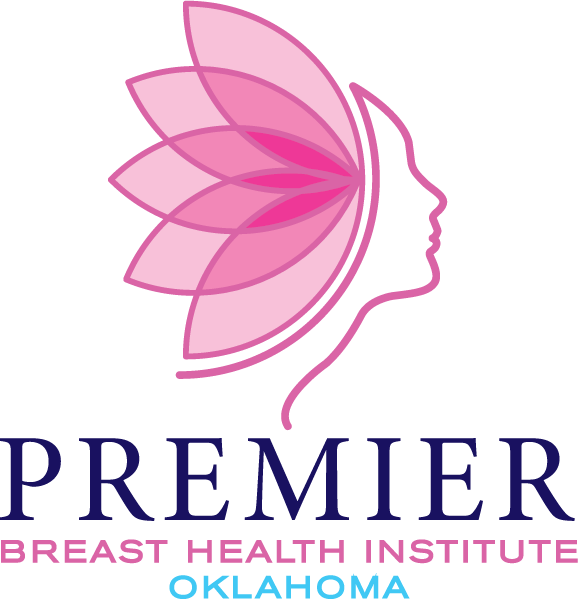How Mammograms Can Help Detect Dense Breast Tissues?
Understanding the complexities of breast health starts with recognizing different types of breast tissue. Dense breast tissue, which is rich in fibrous and glandular components, affects about half of women over 40. This kind of tissue complicates the detection of changes and increases the risk of breast cancer. Essential tools like mammograms are critical in spotting these changes, making them a fundamental part of breast care for many women.
Understanding Dense Breast Tissue
Dense breast tissue consists primarily of fibrous and glandular components rather than fatty tissue, a condition prevalent in approximately half of women over 40. Mammograms often reveal this density, which is largely genetic but may be influenced by hormonal factors. This tissue density increases the difficulty of detecting certain cancers during mammographic and ultrasound examinations, subsequently doubling the risk of breast cancer development compared to women with less dense tissue.
The Role of Mammograms in Detecting Breast Changes
Mammography is a critical diagnostic tool in breast care, utilizing X-rays to examine breast tissue. The process compresses the breast between two plates to provide clear images for radiologists to assess for abnormalities. Given its ability to detect changes in dense tissue, mammography is especially useful for women with dense breasts. It often works alongside other imaging tests, such as ultrasounds and MRI scans, to improve detection accuracy.
Benefits of Breast Ultrasound in Dense Tissue Evaluation
Breast ultrasound, another pivotal technique in breast care centers, uses sound waves instead of radiation to create breast images. This method excels in identifying abnormalities. It serves as an essential diagnostic tool, distinguishing between benign and malignant lumps and detecting conditions like cysts or infections. Ultrasounds are particularly beneficial for providing detailed images that can help differentiate dense tissue from solid masses, prompting further investigation if needed.
Misinterpretation of Dense Breast Tissue
Dense breast tissue poses challenges in mammogram screenings as it appears white on X-ray films, similar to cancerous or abnormal tissues. This similarity can lead to false positive results where no actual anomaly exists. Additionally, the density might obscure small tumors, making them visible only when they have grown larger and are potentially harder to manage.
Advancements in Screening for Dense Breasts
Breast care centers often recommend additional screening methods for women with dense breasts to complement traditional mammograms. These methods improve detection rates and offer a more comprehensive evaluation of breast health.
Ultrasound Screening
Ultrasound technology utilizes sound waves to produce detailed images of the breast's interior. It is particularly effective in distinguishing between solid masses and dense connective tissue, facilitating further investigation when needed.
MRI for More Detail
Magnetic Resonance Imaging (MRI) leverages powerful magnetic fields and radio waves to generate precise images of tissues within the breast. This method is particularly beneficial for women with a higher risk of breast cancer due to genetic factors or family history or for those with previous abnormal mammogram results.
Digital Breast Tomosynthesis (DBT)
Also known as 3D mammography, DBT is a sophisticated X-ray technique that captures multiple images from various angles to create a three-dimensional view of the breast. This technology significantly improves the accuracy of detecting abnormalities in dense breast tissue compared to traditional mammograms.
Visit Premier Breast Health Institute of Oklahoma
For those seeking comprehensive breast care, the Premier Breast Health Institute of Oklahoma provides top-tier services and technologies. If you require a mammogram in Oklahoma City, our facility offers advanced screening options, including the latest in mammography and MRI technologies. As a leading breast care center in Oklahoma, we ensure detailed and compassionate care to help you manage and understand your breast health. Schedule your appointment today and experience dedicated, expert care at every step.


